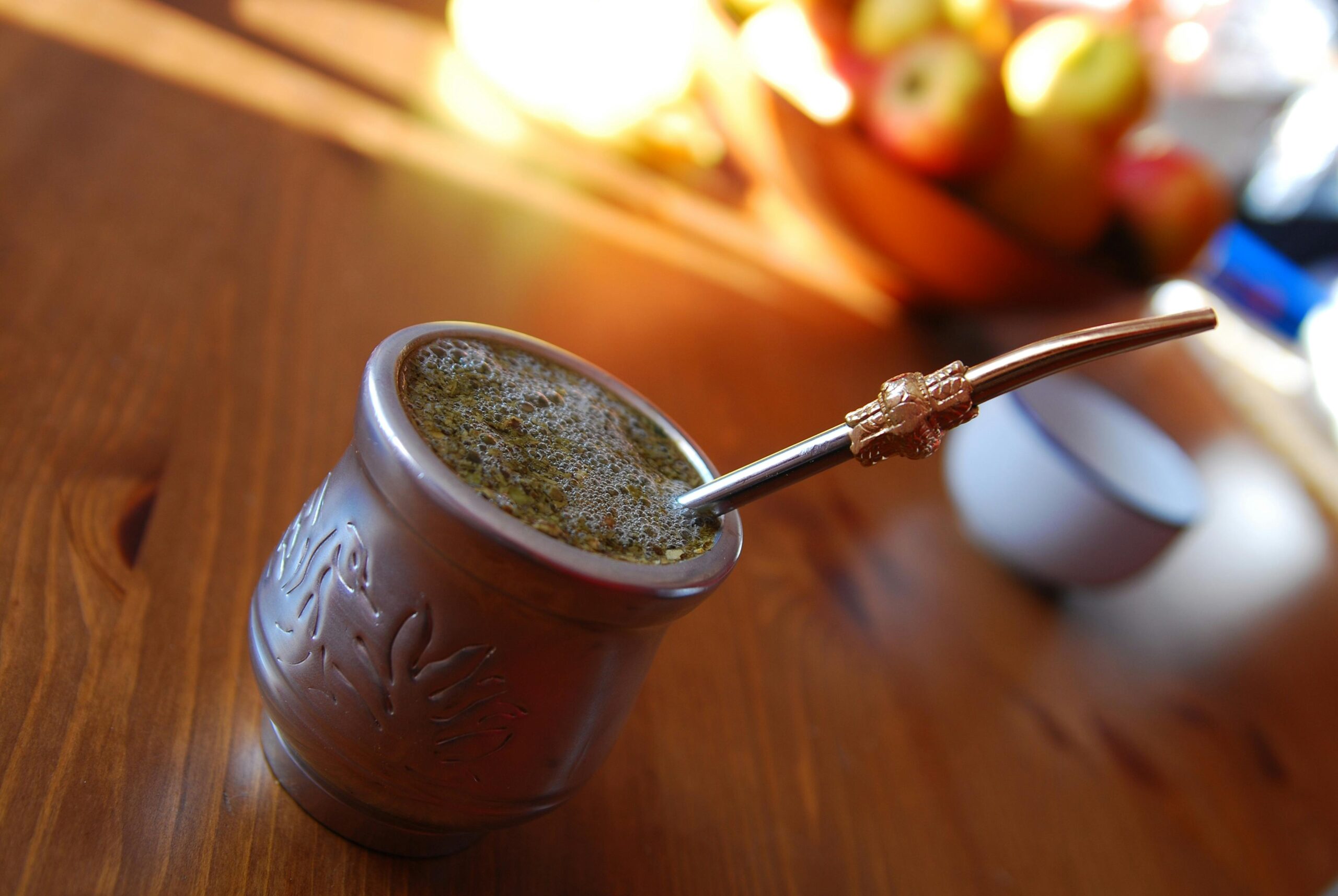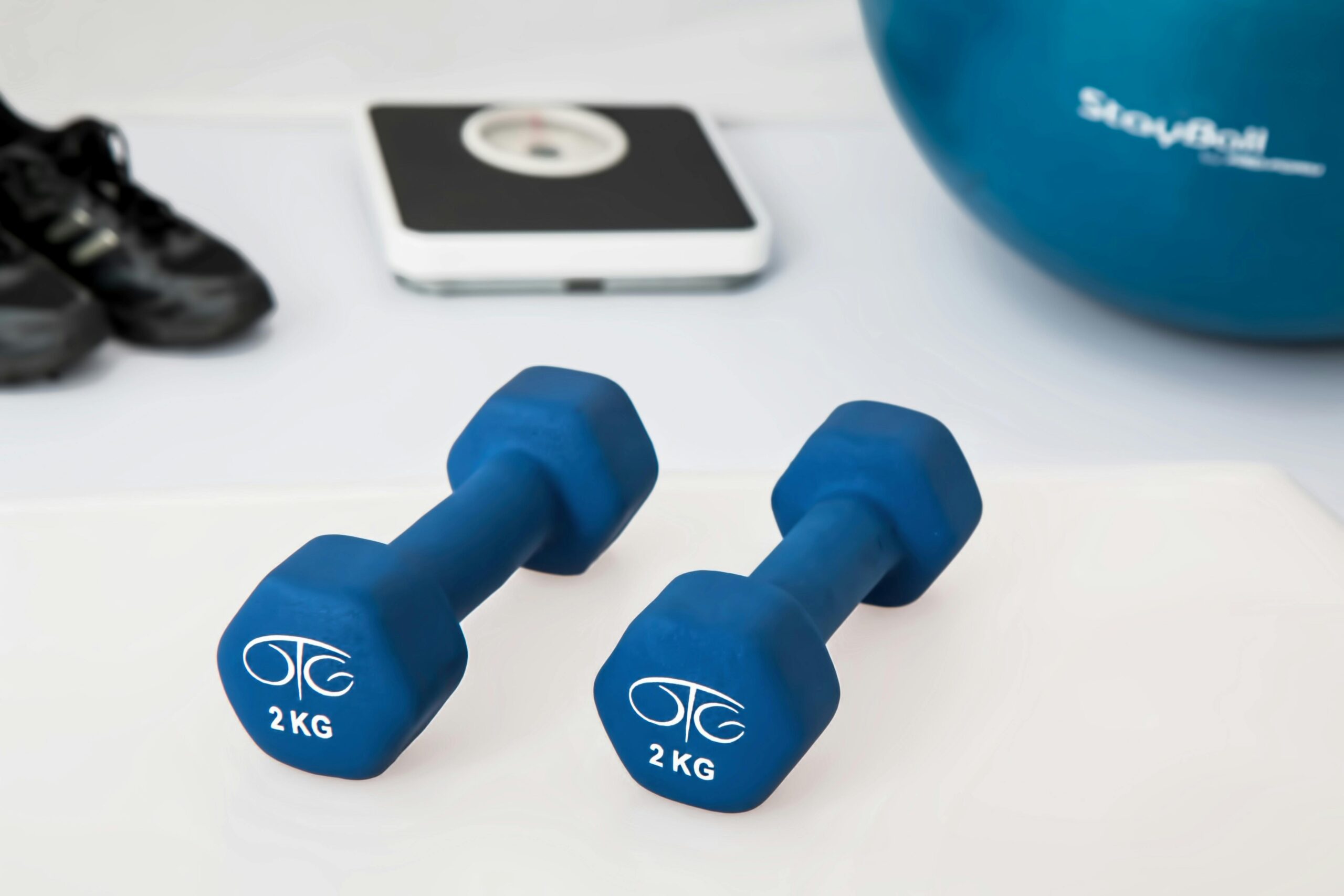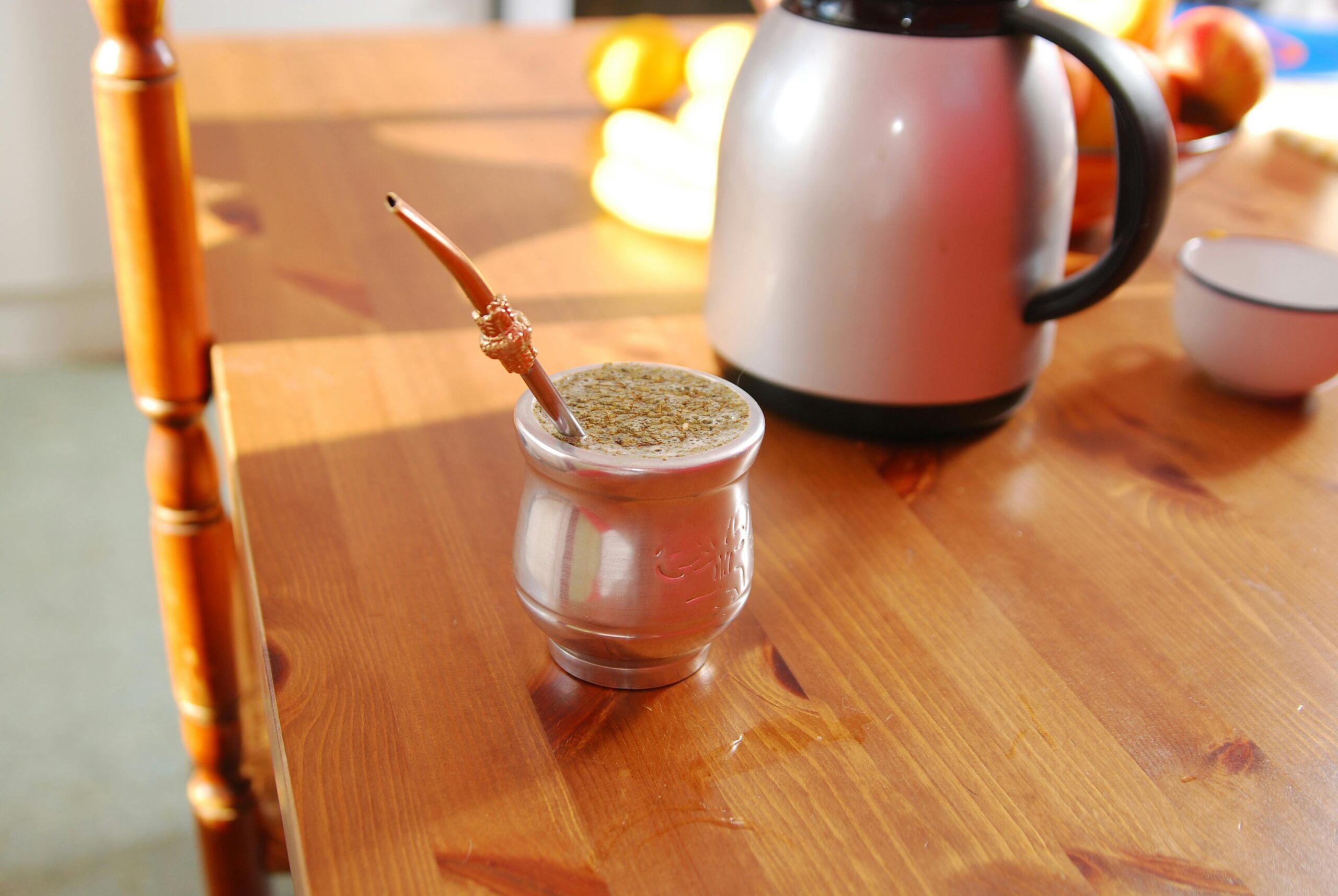In South America, it is as commonplace as coffee is for us Norwegians. For centuries, Yerba Mate has been a central part of the culture, both as a social ritual and as a natural source of energy.
But also in Norway, more and more people are replacing their coffee cup with Yerba Mate, especially among athletes and active people looking for steady energy without side effects.
But what do we really know about the yerba mate health effects?
1. Vitamins, minerals and antioxidants
Yerba Mate contains a natural blend of nutrients that the body needs to function optimally.
If you drink one cup of Yerba Mate, you’ll get the following:
- Antioxidants from polyphenols and flavanoids
- caffeine
- Saponins
- Minerals such as zinc, iron, magnesium and selenium
- Vitamins A, C, E, B1 and B2
These nutrients with vitamins and minerals support the body’s immune system, protect cells from damage and contribute to normal energy metabolism in the body.
In addition, tea’s antioxidants will act as the body’s internal rust protection, by preventing free radicals from breaking down cells and tissues Heck & De Mejia (2007)
Research shows that Yerba Mate can improve health
Several of the nutrients in Yerba Mate have documented health benefits. Heck & De Mejia (2007) found in their study that the tea can:
- Reduce the level of the body’s bad LDL cholesterol.
- Protect cells against oxidative stress.
- Support the immune system.
These effects appear to be linked to tea’s combination of antioxidants and saponins, both of which are found naturally in the leaves.
Research also suggests that regular consumption of Yerba Mate can help prevent certain lifestyle diseases. Such as cardiovascular disease or inflammation. Heck & De Mejia (2007).
But does drinking a cup of Yerba Mate make you as alert as coffee?
2. Caffeine and energy without the crash
Many of us swear by coffee to wake us up, but we also feel the anxiety and the sudden drop that can follow.
A cup of Yerba Mate tea contains 70 to 80 milligrams of caffeine, which is about as much as we get in a cup of filter coffee.
Nevertheless, several users describe that Yerba Mate provides a softer and smoother energy. Instead of a short-lived kick, the tea provides a more stable and sustained energy, but often without heart palpitations or restlessness.
Why is this the case?
This experience may be partly due to how Yerba Mate combines caffeine with antioxidants and other active plant substances that affect absorption in the body. For many, the energy is therefore perceived as more focused and clear, without “crash landing”.
Can increase concentration and memory
In addition to steady energy, research also shows that Yerba Mate can positively affect the brain. Heck & De Mejia (2007) point out that the tea can stimulate the central nervous system, while improving both responsiveness and short-term memory.
The reason for this may be tea’s interaction between caffeine, saponins and antioxidants.
Three nutrients that combine to increase concentration and mental alertness, but without being overstimulated.
For those who need focus in a busy day, whether it’s work, study or training, Yerba Mate can be an alternative that keeps your head clear – without worry.
3. Fat burning
There is also research linking Yerba Mate to fat burning and weight loss.
In one study, participants who drank Yerba Mate daily for 12 weeks lost weight and reduced the amount of fat around their waist and hips. In addition, pre-workout Yerba Mate can increase fat burning by 24% under moderate intensity.
Lutomski et.al (2020) point out how several factors that make tea affect metabolism:
- Increased heat production in the body means that you burn more at rest.
- Reduced appetite can make it easier to eat less.
- Better ability to use fat as fuel, especially during physical activity.
While tea alone is not the only solution to weight loss and increased metabolism, it can be a useful addition to an active lifestyle and a good diet.
4. Strengthens the heart
In addition to a healthy body weight and physical activity, there is a connection between the health of the cardiovascular system and what we choose to eat in everyday life.
Yerba Mate contains healthy fatty acids such as alpha-linolenic acid and linoleic acid, which help to lower the level of bad cholesterol (LDL) and increase the good cholesterol (HDL) Heck & De Mejia (2007).
This means that your blood vessels become less clogged and blood flows more easily, reducing the risk of cardiovascular disease.
At the same time, Yerba Mate helps to reduce oxidative stress, which gives blood vessels a kind of “rust” and can lead to inflammation and damage over time.
Several studies also confirm these health benefits, pointing to the fact that Yerba Mate can be a natural helper for a stronger and healthier heart.
5. Better immune system
Autumn and winter bring not only cold and dark days, but also an increased risk of colds, flu or Covid-19. Many people are therefore looking for natural ways to strengthen their immune system, because illness rarely comes at a convenient time.
According to Heck & De Mejia (2007), Yerba Mate can support the body’s defenses in the fight to stay healthy.
Activates the body’s white blood cells
The tea can help by activating the body’s white blood cells, which attack viruses and bacteria.
Reduces inflammation
Yerba Mate also reduces inflammation by inhibiting signaling substances that trigger inflammation.
Protects against oxidative stress
It also protects cells from oxidative stress, a form of damage that can weaken the body’s immune system over time.
Nutrients that work together
This is no coincidence; researchers have found tea’s nutrients work together to provide these health benefits, making the tea a great supplement for strengthening the immune system.
A tea with potential
Yerba Mate is not a miracle cure. But it is a plant-based drink with a rich nutritional content and documented health effects on, among other things, energy, metabolism and the immune system.
History and future
The fact that Yerba Mate has remained relevant for centuries says something about its place in the everyday lives of millions of people.
In Argentina, Uruguay and parts of Brazil, it’s common to share a cup with friends, at work or before training. Exactly the way we use coffee in Norway.
But where coffee is often associated with a short-lived boost, Mate is more holistic in its expression. It combines caffeine with nutrition and antioxidants, and it’s precisely this combination that makes the tea so interesting in today’s health-conscious society.
A natural addition
For researchers, Yerba Mate has become a hot field to explore, with new studies on everything from metabolism to mental performance. At the same time, it is important to emphasize that tea does not replace sleep, food or exercise, but should be part of the whole.
In other words, Yerba Mate is not a shortcut, but a natural addition to a balanced lifestyle.
Questions and answers
1. What nutrients are found in Yerba Mate?
Yerba Mate contains a range of vitamins (such as C, E and several B vitamins), minerals (such as magnesium, zinc and selenium) and antioxidants that protect cells from damage. This provides the body with a natural replenishment of nutrients.
2. What is the difference between the energy from Yerba Mate and coffee?
Although the caffeine content is quite similar to that of coffee, 70-80 milligrams, many people find Yerba Mate more stable. It provides a steadier energy level without sudden crashes, and research shows that the tea can also increase concentration and responsiveness, but without the same restlessness that coffee sometimes causes.
3. Can Yerba Mate contribute to weight loss?
Yes, research shows that Yerba Mate can increase fat burning, reduce appetite and contribute to weight loss. Especially if the tea is combined with exercise and healthy habits. The effect is due, among other things, to increased heat production and the body using fat as an energy source during exercise.
4. What are the health effects of Yerba Mate on the heart and immune system?
Studies target that Yerba Mate can lower poor cholesterol (LDL), increase the good (HDL) and reduce oxidative stress i Blood vessels something as strengths heart health. At the same time stimulates toe the immune system by å activate whites blood cells and mute inflammations i body.





